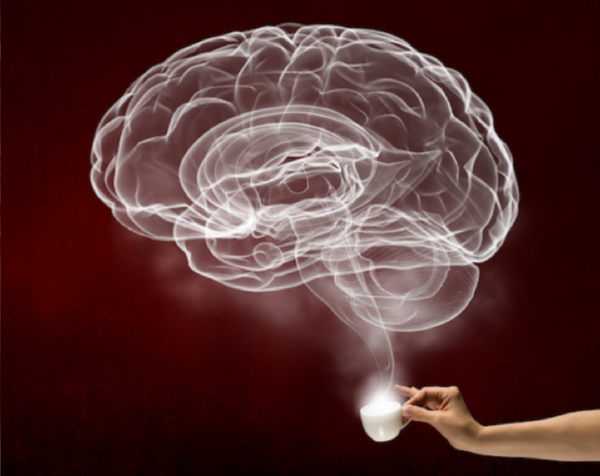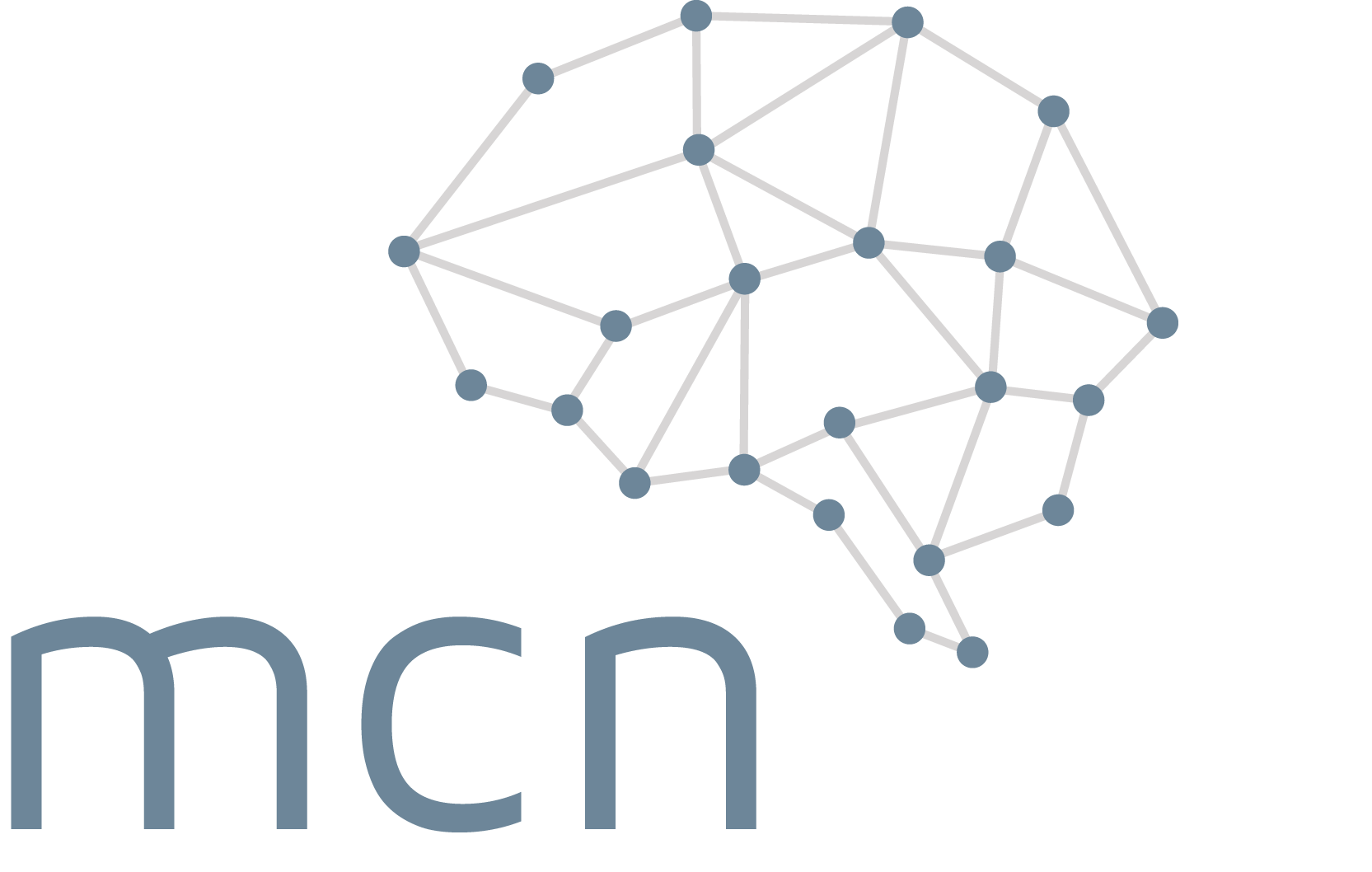Impact of Caffeine on Sleep Homeostasis, Circadian Rhythms and Cerebral Correlates

Approximately 80% of the population worldwide consume caffeine. In adults, the acute effects of the stimulant on sleep-wake regulation are rather well described, e.g. as enhancement of alertness, reduction of sleep pressure and changes in circadian rhythmicity. Although teenagers might be particularly vulnerable for such disturbances of sleep-wake regulation, the effects of the stimulant in this age group have not yet been systematically investigated. Moreover, in adults, it is unclear whether sleep-wake regulation adapts to daily caffeine intake and how this process is mirrored in brain structure and functions.
CURRENT STATE
Our group focuses on the caffeine effects on the physiology of sleep and human behaviors. The research projects comprise the use of a variety of measurements such as EEG, fMRI, PET, pupillometry, and neurobehavioral paradigms. Our studies are supported by multiple research fundings from Swiss National Science Foundation (SNSF), University Psychiatric Clinics Basel (UPK Basel), and the Freiwillige Akademische Gesellschaft (FAG) Basel. Through the support of SNSF Mobility fellowships, our research scope is extended to the adenosinergic neuromodulation by working with experts in molecular imaging at the Institute of Neuroscience and Medicinein Forschungszentrum Jülich and the Athinoula A. Martinos Center for Biomedical Imaging in Harvard Medical School.
Our ongoing studies include three major areas: 1) the influence of acute caffeine intake on teenager’s sleep and brain functions; 2) the effects of acute caffeine intake on circadian regulation through pupil dilation; and 3) the behavioral expressions of the interactions between adenosine and dopamine systems using caffeine as a pharmacological challenge. Results derived from these projects are released in progress.
PEOPLE
MSc students:
Melanie Müller, Onur Can Sütlü
Interns:
Deborah Logvinski (BSc), Fabienne-Noelle Mertz (BSc)
Alumni:
Janine Weibel (PhD Candidate), Joshua Kistler (MSc student), Simon Veitz (MSc student), Maria Grab (MSc student), Rowena Waldis (MSc student), Eliane Pflugi (MSc student), Jana Kopp (MSc student), Miriam Bühler (MSc intern), Sven Leach (MSc intern), Andrea Schumacher (BSc intern), Laura Tincknell (BSc intern), Luisa Mars (BSc intern), Aigerim Abdrahkim (BSc intern)
COLLABORATION
Prof. Stefan Borgwardt | Department of Neuropsychiatry, University of Basel >> Link
Prof. Dr. phil. Oliver Bieri Paravicini and Dr. Francesco Santini | Department of Radiological Physics, University of Basel >> Link
Prof. Katharina Rentsch and Sophia Rehm | Laboratory Medicine, University of Basel >> Link
Prof. Hans-Peter Landolt | Chronobiology and Sleep Research group, Institute of Pharmacology and Toxicology, University of Zurich >> Link
Prof. Dr. med. David Elmenhorst | Institute of Neuroscience and Medicine (INM-2), Forschungszentrum Jülich >> Link
Prof. Christopher Gerner and Dr. Samuel Meier | Department of Analytical Chemistry, University of Vienna >> Link
Prof. Hsiao-Ying (Monica) Wey | Athinoula A. Martinos Center for Biomedical Imaging, MGH, Harvard Medical School >> Link
Funding
2022 – Freiwillige Akademische Gesellschaft, Switzerland (Yu-Shiuan Lin, Jakob Weber, Carolin Reichert)
“Innovative paraxanthine ELISA to quantify caffeine metabolism in daily caffeine consumption”
2021 – SNSF Postdoc.mobility fellowship grant (P500PM_203148; Yu-Shiuan Lin)
“In vivo Characterization of the Adenosine-Dopamine Interactions using PET/MRI”.
2021 – UPK Basel Forschungsförderungsfond (Yu-Shiuan Lin, Carolin Reichert)
“Caffeine and Reinforcement Learning: Characterizing Adenosine-Dopamine Interaction”.
2020 SNSF Doc.mobility fellowship grant (P1BSP3_191725; Yu-Shiuan Lin)
“The Influence of Chronic Caffeine Consumption and Sleep Restriction on Adenosine and Brain Morphometry in Humans: A PET-MR Study”.
2018 – 2019 SNSF Marie Heim-Voegtlin grants (Carolin Reichert)
“Caffeine-induced effects on sleep, cognitive performance, and underlying cerebral correlates during adolescence”.
2016 – 2019 SNSF project (SNF- 320030- 163058; Carolin Reichert, Janine Weibel, Yu-Shiuan Lin)
“Influence of Caffeine Consumption on the Human Circadian System: Neurobehavioral, Hormonal and Cerebral Mechanisms”.
PUBLICATIONS
Journal paper
Lin, Y.-S., Lange, D., Baur, D., Pierling, A., Elmenhorst, E.-M., Neumaier B., Bauer A., Aeschbach, D.,
Landolt, H.-P., Elmenhorst, D. Repeated Caffeine Intake Suppresses Cerebral Grey Matter Responses to
Chronic Sleep Restriction in an A1 Adenosine Receptor-Dependent Manner. bioRxiv,
2023.2007.2023.550201, doi:10.1101/2023.07.23.550201 (2023).
Lin, Y.-S., Weibel, J., Landolt, H.-P., Santini, F., Slawik, H., Borgwardt, S., Cajochen, C. & Reichert, C.
F. Brain activity during a working memory task after daily caffeine intake and caffeine withdrawal: a
randomized double-blind placebo-controlled trial. Scientific reports 13, 1002, doi:10.1038/s41598-022-
26808-5 (2023)
Lin, Y.-S., Weibel, J., Landolt, H.-P., Santini, F., Garbazza, C., Kistler, J., Rehm, S., Rentsch, K.,
Borgwardt, S., Cajochen, C., & Reichert, C. F. (2022). Time to Recover from Daily Caffeine Intake. Frontiers
in Nutrition, 8. https://doi.org/10.3389/fnut.2021.787225. DOI.
Weibel, J., Lin, Y.-S., Landolt, H. P., Berthomier, C., Brandewinder, M., Kistler, J., Rehm, S. Rentsch, K. M., Meyer, M., Borgwardt, S., Cajochen, C.Reichert, C. F. (2021). Regular Caffeine Intake Delays REM Sleep Promotion and Attenuates Sleep Quality in Healthy Men. J Biol Rhythms, 7487304211013995. doi:10.1177/07487304211013995
Lin Y.-S., Weibel J., Landolt H.-P., Santini F., Meyer M., Borgwardt S., Cajochen C., Reichert C.F. 2021. Caffeine-induced Plasticity of Grey Matter Volume in Healthy Brains: A placebo-controlled multimodal within-subject study. Cerebral Cortex: 31(6):3096-3106.
Reichert C.F, Veitz S., Bühler M., Gruber G., Deuring G., Rehm S.S., Rentsch K., Garbazza C., Meyer M., Slawik H., Lin Y.-S., Weibel J. 2020. Wide awake at bedtime? Effects of caffeine on sleep and circadian timing in male adolescents – A randomized crossover trial. Biochemical pharmacology:114283.
Weibel J, Lin Y.-S., Landolt H.-P., Kistler J., Rehm S., Rentsch K.M., Slawik H., Borgwardt S., Cajochen C., Reichert C.F. 2020. The Impact of Daily Caffeine Intake on Nighttime Sleep: Signs of Overnight Withdrawal? Sci Rep, 11(1), 4668. doi:10.1038/s41598-021-84088-x.
Weibel J, Lin Y.-S., Landolt H.-P., Garbazza C., Kolodyazhniy V., Kistler J., Rehm S., Rentsch K.M., Borgwardt S., Cajochen C., Reichert C.F. 2020. Caffeine-Dependent Changes of Sleep-Wake Regulation: Evidence for adaptation after repeated intake. Progress in neuro-psychopharmacology & biological psychiatry 99:109851.
Conference paper
Lin, Y.-S., Weibel, J., Landolt, H.-P., Santini, F., Garbazza, C., Meyer, M., Slawik, H., Borgwardt, S., Cajochen, C., Reichert, C. Daily Caffeine Consumption Reduces Human Grey Matter in Hippocampus Independent of Sleep Pressure. Clocks&Sleep, 1, 414–434; doi:10.3390/clockssleep1040033 (2019).
Reichert, C., Veitz, S., Lin, Y.-S., Weibel, J., Garbazza, C., Meyer, M., Slawik, H., Cajochen, C. Evening Caffeine Intake Induces Alertness in Teenagers, but Does Not Affect Melatonin Levels. Clocks&Sleep, 1, 414–434; doi:10.3390/clockssleep1040033 (2019).
Weibel, J., Lin, Y.S., Landolt, H.-P., Garbazza, C., Meyer, M., Slawik, H., Borgwardt, S., Cajochen, C., Reichert, C. The Effects of Repeated Daytime Caffeine Intake and Its Cessation on Nighttime Sleep. Clocks&Sleep, 1, 414–434; doi:10.3390/clockssleep1040033 (2019).
Lin, Y.-S., Weibel, J., Landolt, H.-P., Müller, F., Santini, F., Garbazza, C., Meyer, M., Slawik, H., Borgwardt, S., Cajochen, C., Reichert, C. Habitual daily caffeine consumption and its cessation changes human grey matter density independent from the effect of cerebral blood flow: a multimodal study. Journal of Sleep Research, Volume 27, Issue S1 (2018).
Reichert, C., Weibel, J., Lin, Y.-S., Garbazza, C., Meyer, M., Slawik, H., Landolt, H.-P., Borgwardt, S., Cajochen, C. Effects of chronic caffeine consumption and caffeine withdrawal on human waking performance, sleep and brain structure. Journal of Sleep Research, Volume 27, Issue S1 (2018).
Weibel, J., Lin, Y.-S., Landolt, H.-P., Garbazza, C., Meyer, M., Slawik, H., Borgwardt, S., Cajochen, C., Reichert, C. Influence of habitual caffeine intake and its withdrawal on circadian phase and nap sleep in the evening. Journal of Sleep Research, Volume 27, Issue S1 (2018).
Weibel, J., Lin, Y. S., Landolt, H. P., Garbazza, C., Meyer, M., Slawik, H., Borgwardt, S., Reichert, C., Cajochen, C. Influence of Long-Term Caffeine Consumption and Its Withdrawal on Subjective Sleepiness, Vigilance, and Melatonin. Sleep, 41, A71-A71 (2018).




